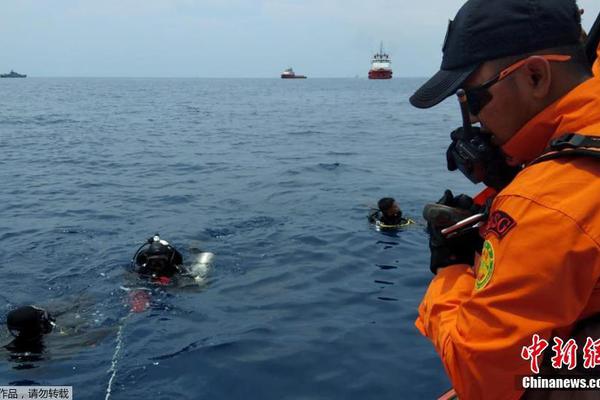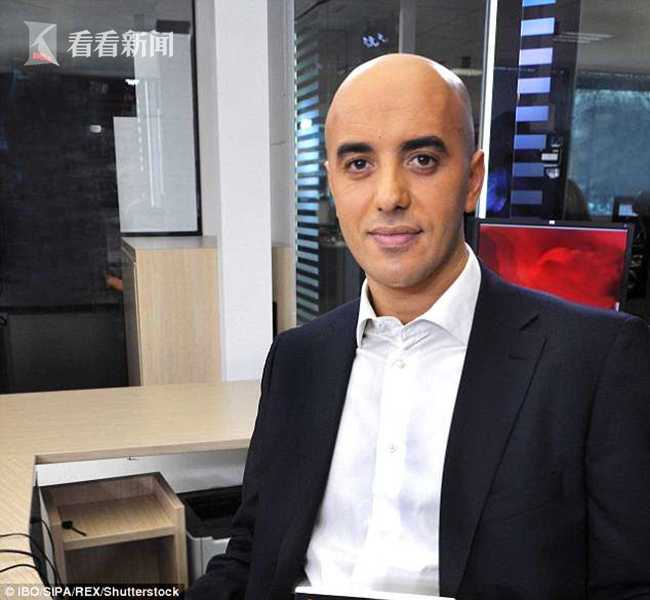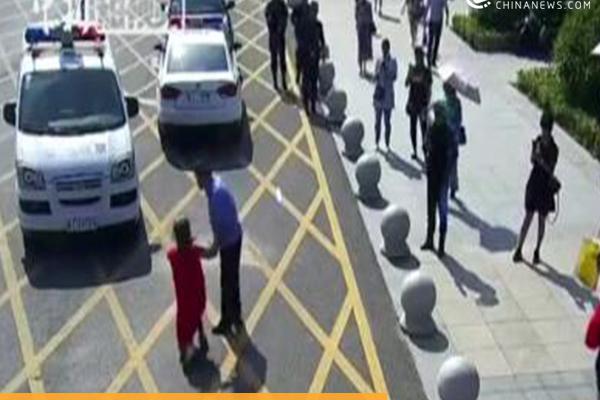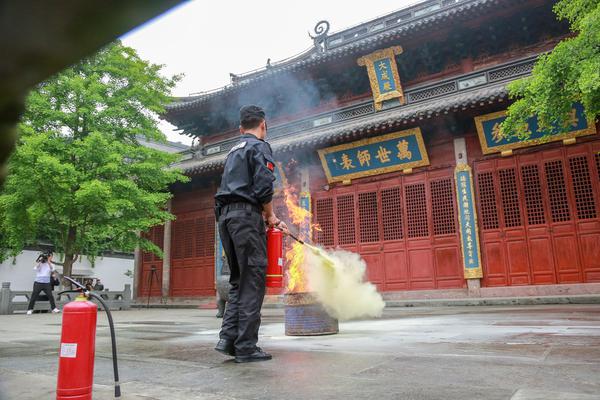【?? ??? ??】Kanji Sahara, Founder of WWII Camp Wall

Kanji Sahara of Torrance, who envisioned a monument containing the names of all Japanese and Japanese Americans incarcerated by the government during World War II, passed away on Feb. 15 at the age of 90.
The goal of the wall, to be built in Torrance’s Columbia Park, is to educate the public about the war-time experiences of those that were imprisoned in U.S. concentration camps on the basis of race without charges or trial.
An educational component for the wall is being developed and a youth group is working on a documentary about the monument.
Sahara was also an advocate for a monument at the site of the Tuna Canyon Detention Station in Tujunga, where Japanese, German and Italian immigrants were held during the war, and the Historic Wintersburg buildings in Huntington Beach, which were once the hub of the Japanese American community in Orange County.
Nancy Hayata, president of the WWII Camp Wall board, composed a haiku titled “Kanji Sahara and the WWII Camp Wall”:
The names to be shared
Upon a canvas of stone
His vision finds life
The board said in a statement, “It is with honor and respect that the World War II Camp Wall non-profit board carries on the dream of Kanji Sahara. We feel the loss of his presence and leadership… ”

“Among his many accomplishments was obtaining funding through the efforts of California Assemblyman Al Muratsuchi, and a home, thanks to the City of Torrance, for his dream of building a WWII Camp Wall that would list the names of those that were incarcerated in U.S. concentration camps during World War II.”
“He leaves the world a better place in his efforts to teach about this incident in history, and that it must never happen again.”
“Our condolences go out to the Sahara family.”
“Kanji’s bright light will shine forever,” said Kyoko Oda, president of the Tuna Canyon Detention Station Coalition. “He experienced discrimination and even vandalism, so fighting prejudice was personal for him.”
“He stood against the Muslim ban with his homemade four-sided poster at LAX. Many others protested with him.”
“The exhibit ‘Only the Oaks Remain’ has been a popular educational outreach activity in defiance of the land developers. He was pleased that the hard work to develop the traveling exhibit with the board was completed on time.”
“Kanji’s vision and tenacity is a lesson to us all so such injustices are never again experienced by anyone.”
“My mentor, Kanji, will live on in so many of us as a leader, researcher, educator, innovator, activist, and a generous individual,” said Hayata. “We will continue to learn from his many accomplishments and treasure the memories of him.”
A memorial service will be held on Saturday, March 8, at 3 p.m. at Faith United Methodist Church, 2115 W. 182nd St., Torrance, with a reception to follow.
Incarcerated in Arkansas
Sahara was born on April 4, 1934 to Shosaku and Ayako Sahara on a small island in Hiroshima-ken when his mother and three older sisters, Mariko, Sumire, and Toshiko, went to Japan to visit his ailing great-grandfather. They returned to Uptown in Los Angeles, where his father had a fruit and vegetable store on Dewey Avenue near Olympic Boulevard.
After President Franklin Roosevelt issued Executive Order 9066, Sahara and his family were sent to the Santa Anita Assembly Center and then to the concentration camp in Jerome, Ark.?When Jerome closed, the family was transferred to Rohwer, Ark.?In camp, Sahara was a grammar school student, and a member of the judo dojo, and played gomokuwith the adults.
In 1945, the family resettled in Chicago. Sahara’s father, who could not buy a house in California because of the 1913 Alien Land Law, was happy to buy a three-story flat in Chicago. Sahara finished high school and then studied electrical engineering, receiving a BS from the Illinois Institute of Technology and a MS and PhD from Northwestern University.
He moved to California and worked as a systems engineer at General Dynamics in Pomona. After launching his career, he met Jane Sachi Sakata and the two were married in 1963. They raised their two children, Richard and Judy, in Claremont. Sahara was a devoted husband and father. Family life was filled with fun and educational activities, cross-country trips in their camper van, and daily family dinners.
While living in Claremont, Sahara was president of the East San Gabriel Valley Japanese Community Center, president of the San Gabriel Valley JACL, and a member of West Covina Taiko, Anglers Fishing Club, and First Presbyterian Church Altadena.
In 1994, Hughes Aircraft Company acquired the division of General Dynamics that Sahara worked for, so he and Jane moved to Tucson, Ariz. There they experienced hot summers, saguaro cactus, and scorpions, and Sahara finished his long career.
Upon retirement in 1998, the couple moved to Torrance, where they enjoyed retired life spending time with their grandchildren, Kristen, Kaitlyn, Nicole, Nathanael, and Evangeline. They attended Faith United Methodist Church and Sahara took many classes at El Camino College, played clarinet in their Concert Band, and formed and led the Democratic Club on campus.
He was a volunteer docent at the Cabrillo Marine Aquarium in San Pedro. With his ukulele, he led sing-alongs at the Gardena Adult Day Care Center for many years.
One of his favorite pastimes was volunteering as a docent for the Japanese American National Museum (JANM). He enjoyed sharing his personal incarceration experience with school children on field trips and looked forward to eating in Little Tokyo with friends after his shift.
He was also a member of the Manzanar Committee and served on the boards of the Tuna Canyon Detention Station Coalition, Greater Los Angeles JACL, and Historic Wintersburg Preservation Task Force.
Over the years, Sahara received many honors for his commitment to the community. They include the JACLer of the Biennium award from the Japanese American Citizens League in 2018 and Nisei Week Pioneer in 2023.






Related Articles